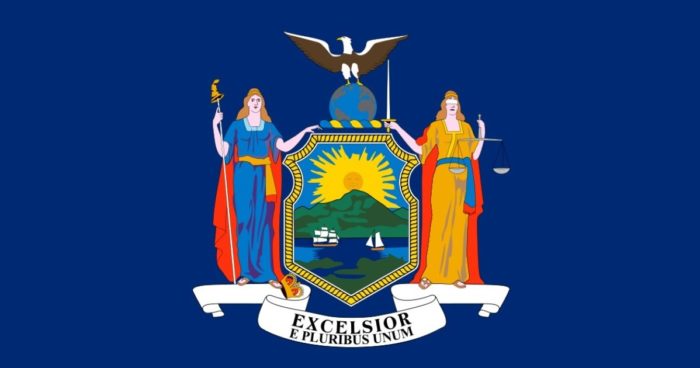New York’s State Senate and Assembly have passed legislation that would require ticketing companies to show “all-in” prices with no hidden fees. The sweeping reforms are heading to Governor Kathy Hochul’s desk and await her signature before they become law.
Once signed, the bill will require both primary and ticket resale outlets to disclose prices and fees for events in New York, including all ancillary, in a transparent fashion – meaning that buyers will no longer have unexpected delivery, convenience or other fees at checkout. The full and total cost must be shown in the primary listing and not later on in the purchasing process; even displaying the total fee in a smaller type next to a different fee would be illegal under the bill.
The bill also deals with the convoluted and exploitable nature of the ticket resale market by requiring sellers to share that a resold ticket is coming from a secondary seller and the initial market price of said ticket.
“If people still want to buy a ticket, even though it was marked up two times, three times, four times, that’s their decision,” James Skoufis (D-Hudson Valley), chair of the Senate Investigations and Government Operations Committee and sponsor of the bill told Billboard. “But they should at least know it was marked up.”
The bill also has provisions that would halt the selling of tickets received for free(though they could still be shared), using ticket purchasing software often relied upon by scalpers, and delivery fees for tickets that are transferred electronically.
During a segment on Last Week Tonight with John Oliver, Oliver mentioned a 2012 incident in Nashville, where reporters found a ticketing manifest confirming that an entire row of tickets for a Justin Bieber show had been directly posted for sale on a secondary site by Bieber’s own tour. “I think there is no question when one looks at the document that Bieber is scalping his own tickets,” said Relix editor Dean Budnick, co-author of Ticket Masters: The Rise of the Concert Industry and How the Public Got Scalped (a book he wrote with Relix Editor Emeritus Josh Baron), during a portion of the original WTVF report which Oliver aired during the segment.
According to a 2016 report by the New York Attorney General’s office, a similar incident occurred at a Bieber concert that year at Madison Square Garden, where 28% of tickets were held for friends, credit card partners, VIP packages and more. Skoufis said of the incident, “I guarantee you if that concert and many others had to disclose how many tickets they were withholding from their fans, they would not have held back nearly as many tickets because their fans would get pretty darn upset with Justin Bieber, or whoever the artist is. It would act as a sort of shaming tool. And so that is something I’m going to continue working on.”
In response to the bill, Ticketmaster, one of the bill’s primary targets, commended the legislators and shared support for the change. Ticketmaster’s managing director–North America, Marla Ostroff, said in a statement to Billboard, “We are supportive of industry-wide reforms and believe even more can be done to aid artists in delivering tickets to fans at their set price points.” She continued to say, “We would like to thank Assemblymember [Daniel] O’Donnell, in particular, for his work and steadfast support of the New York entertainment community.”
The existing law expires on July 1, and Governor Hochul must sign the bill before then.



No Comments comments associated with this post